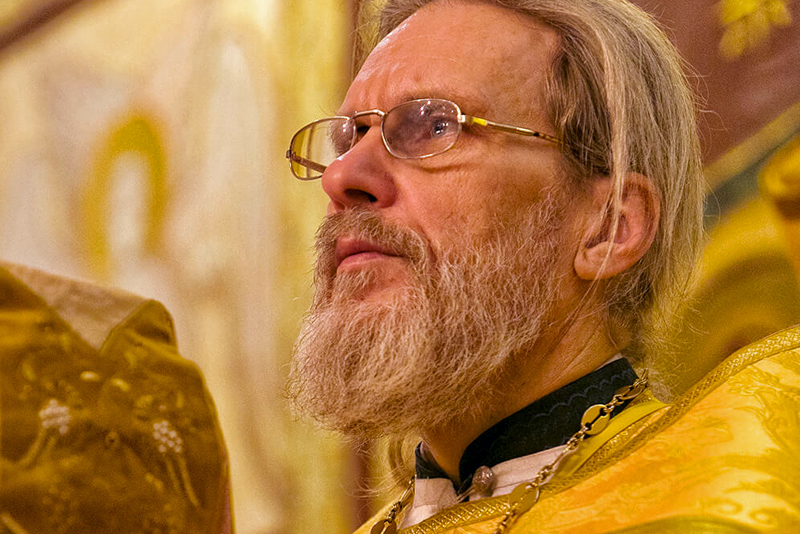
In principle, yes. But remember that the key element here is repentance. In the Gospel, we find an outstanding example of repentance at death. The first man that went to heaven was the repentant penitent thief to the right of Christ. The lives of the saints provide us with many other examples of robbers, tyrants and other people who lived lives that were vastly different from the Christian ideal and transgressed the traditional notions of good and evil in many cases. The sacrifice of Christ for our sake and his resurrection opened the gates of heaven for every human being. Entry to heaven depends on faith and repentance. Our will to follow this way is also essential. Without it, we have all chances to end up in a different place.
So is it possible, then, to keep sinning throughout our lives and still go to heaven after naming all one’s sins just before death? In truth, it is not as simple as that. From an Orthodox perspective, sin is not just a misdeed or a bad habit to be admitted to in a confession. Repetitive sin evolves into a sinful passion and an illness of the spirit afflicting the whole person. The deeper they are ingrained in us, the harder is our healing.
We heal by repenting. The Greek term for repentance, ἡ μετάνοια (metanoia) translates literally as a change of mind. The word ‘mind’ does not refer exclusively to our ability to think logically, but also to the capabilities of our spirits. Repentance has several stages. The first step is to recognise one’s sinfulness. The next is to have genuine remorse and an honest desire to change and not to repeat the sin. The ultimate result of this inner work is to confess the sin before God. We confess in the presence of a priest who witnesses our repentance and reads a prayer of forgiveness over us. Only after seeing such genuine repentance in the sacrament of Confession will the Lord expunge our sin soul and support us by the power of His grace in our progress towards living in the spirit.
Understanding repentance correctly is crucial. The penitent thief on the right of the Saviour repented genuinely. We know it from his remark to the other thief, “We are punished justly, for we are getting what our deeds deserve” (Luke 23: 41). He had realised the extent of his misdeeds, begun the inner change, and expressed his faith and hope for his salvation by saying to Christ, “Jesus, remember me when you come into your kingdom.” (Luke 23: 42). The penitent thief’s dying words were his confession and evidence of his full repentance.
To continue the analogy with medicine, the penitent thief’s healing was an extremely painful procedure. He suffered harsh treatment in prison, torture and agonising death on the cross. All of this taken together made him rethink his life of sin and change profoundly from within. By doing so, he completed the journey of repentance that even saints took many years and decades to follow through. For Saint Mary of Egypt, it took forty-seven years of ascetic life in the desert, and it took David a lifetime to repent his sin with Bathsheba, as he continued to experience its consequences all the time.
In sum, repentance is a possibility. However, the big question is whether we will be able to translate it into reality. Always bear in mind that repentance is more than a simple enumeration of one’s sins, but the hard work of inner change and transformation that makes us pure in the spirit and makes possible our movement towards God.
Translated by The Catalogue of Good Deeds
Source: https://foma.ru/pravda-li-chto-negodjaj-pokajavshijsja-pered-samoj-smertju-popadet-v-raj.html




